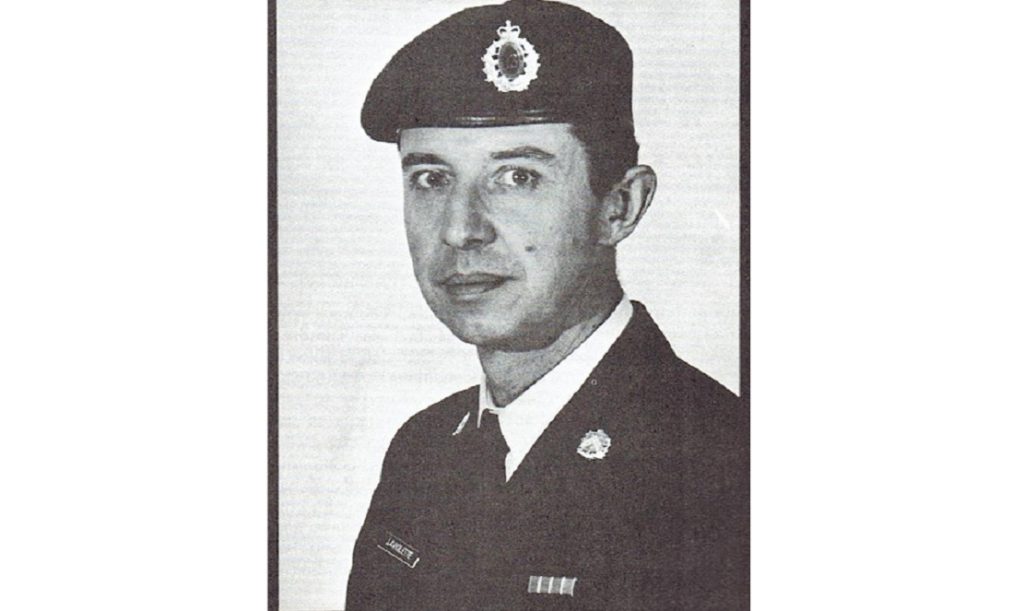April 9, 2020
Canada’s Military Role in Wartime Vietnam
admincopa
Although over 30,000 Canadians volunteered to don American military uniforms and fight against the communist North during the Vietnam War that lasted until April 30, 1975, most Canadians today believe that Canada had no official role in the conflict. However, they would be wrong if they so believed.
Canada’s military joined with three other nations whose armed forces took part in the International Commission of Control and Supervision (ICCS), a body set up to supervise the implementation of the Paris Peace Accords signed on January 27, 1973. Two then-communist countries, Hungary and Poland, would provide political balance to Canada and its partner in the ICCS, Indonesia. Although it was a peacekeeping mission, it was not related to the United Nations.
Among the ICCS’s roles were the supervision of the ceasefire, troop withdrawals, the dismantling of military bases and the return of prisoners of war. There were 240 troops in the Canadian contingent.
More than 134 Canadians serving in the American military were killed or went missing in action while in Vietnam, but only three who were wearing a Canadian military uniform. Armed Forces Captain Charles Laviolette of the 12e Regiment blindé du Canada (12th Armored Regiment of Canada) was killed with eight others when their ICCS-operated helicopter was shot down on April 7, 1973 by a surface-to-air missile launched by the North Vietnamese. Sergeant James Byrne of the Royal Canadian Army Service Corps and Corporal Vernon Perkin of The Black Watch (Royal Highland Regiment), who were members of an early observer mission in 1965, were killed along with diplomat John Turner when their plane crashed in Vietnam on October 18, 1965.

There were so many alleged treaty violations that were denied by the Hungary-Poland team, thus rendering them officially uncountable, that Canada pulled the plug on the mission in frustration. Official sentiment at the time was that Canada had come to supervise a ceasefire but instead was observing a war.
All Canadian Armed Forces members were withdrawn by July 31, 1973, bringing an end to the country’s peacekeeping mission after only 183 days. Iran replaced Canada in the Commission. The Vietnam War did not end for another two years.
Top photo of CAF Colonel J.A. Mitchell alongside an ICCS helicopter operated by Air America. Photo credit: Joe F Lecker
